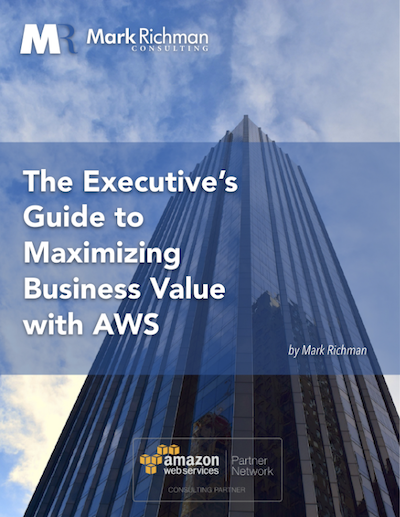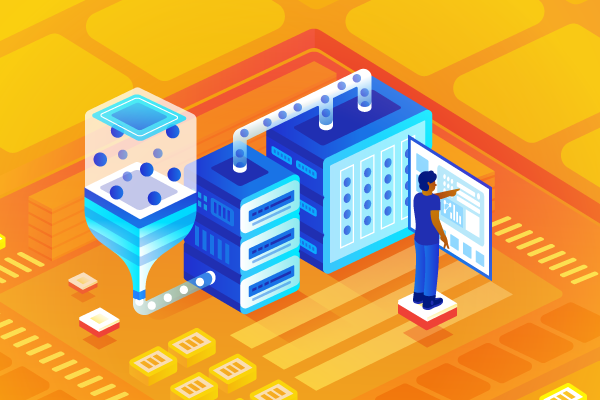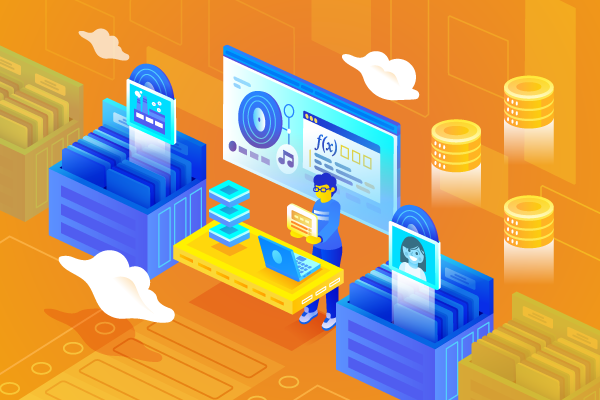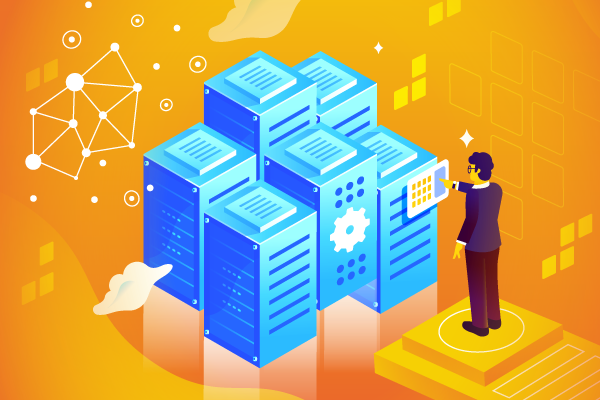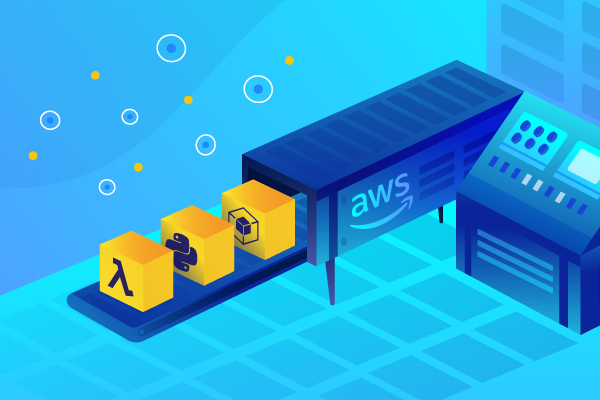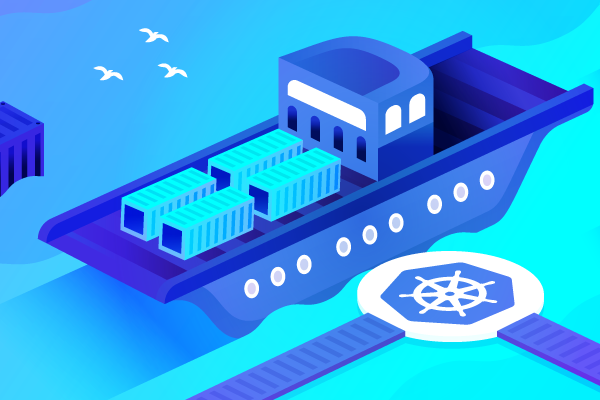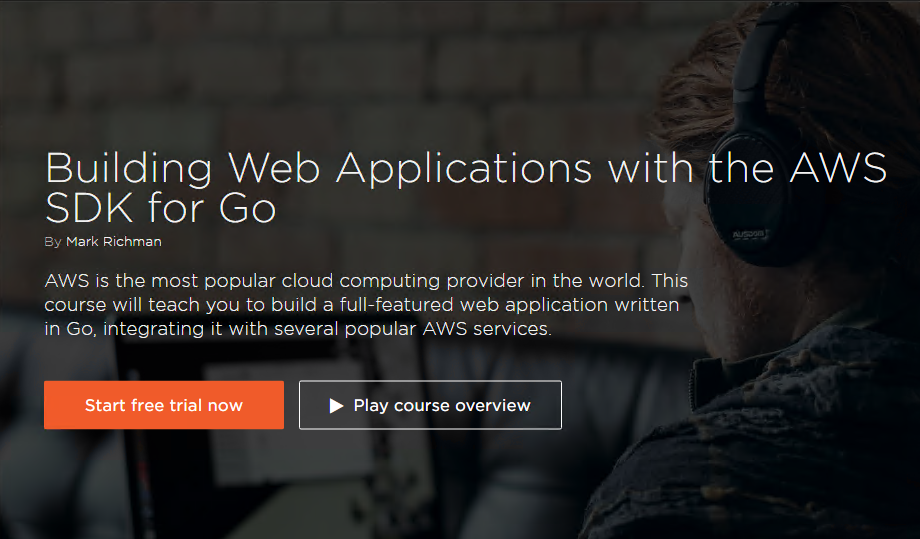E-Book The Executive’s Guide to Maximizing Business Value with AWS
In this e-book, we’ll cover some of these key points:
- What are the business benefits of moving to the AWS platform?
- What are the commercial levers that can help you lower your TCO on AWS?
- How have other enterprises used these levers?
- How to simplify your application stack, reducing operational costs.
Course Linux Academy: Amazon DynamoDB Data Modeling
In this course, you will learn:
- NoSQL concepts and DynamoDB’s features
- How to optimize DynamoDB for:
- Runtime performance
- Cost
- DynamoDB data modeling patterns
- 1:N, N:M, hierarchical, GSI overloading, and more
- Write sharding, sparse indexes, and materialized aggregations
- Strategies to migrate data from RDBMS to DynamoDB
You’ll further solidify your learning with real-world examples and hands-on labs.
By the end of this course, you’ll have the necessary skills and knowledge to effectively build scalable, cost-efficient, high-performance applications using DynamoDB.
Course Linux Academy: Amazon DynamoDB Deep Dive
This course will help you master DynamoDB!
In this course, you will learn the basics of DynamoDB, and how it differs from traditional relational database management systems. A real-world scenario project will help guide you through each of the concepts presented.
This course is intended for all skill levels, even if you’re totally new to database development.
By the end of this course, you’ll have the necessary skills and knowledge to effectively build scalable, high performance applications using DynamoDB.
Course Linux Academy: AWS Certified SysOps Administrator - Associate (SOA-C01)
The AWS Certified SysOps Administrator - Associate (SOA-C01) is a certification based around administering applications on AWS from an operations viewpoint. Although there are some deployment topics, this certification deals more with decisions we must make in our environments based on information we receive from monitoring, auditing, and any performance feedback we gather.
This course has been developed to provide you with the requisite knowledge to not only pass the AWS SysOps Administrator certification exam but also gain the hands-on experience required to become a qualified AWS Systems Operator working in a real-world environment.
Course Linux Academy: Automating AWS with Lambda, Python, and Boto3
This course will explore AWS automation using Lambda and Python. We’ll be using the AWS SDK for Python, better known as Boto3. You will learn how to integrate Lambda with many popular AWS services, such as EC2, S3, SQS, DynamoDB, and more.
Once we cover the basics, we’ll dive into some more advanced use cases to really uncover the power of Lambda.
Course Linux Academy: Amazon EKS Deep Dive
This course will explore Amazon Elastic Container Service for Kubernetes (Amazon EKS) from the very basics of its configuration to an in-depth review of its use cases and advanced features.
We will talk about how EKS is architected in order to provide a better understanding of how to manage container-based applications at scale.
Once we have a solid foundation of the basics, we will dive into the configuration, management, and deployment of a microservices-based application in EKS.
Course Linux Academy: Amazon ECS Deep Dive
This course will explore Amazon Elastic Container Service (ECS) from the very basics of its configuration to an in-depth review of its use cases and advanced features. We will talk about how ECS is architected in order to provide a better understanding of how to manage container-based applications at scale. Once we have a solid foundation of the basics, we will dive into the advanced use cases to uncover the power of ECS.
Course Pluralsight: Building Web Applications with the AWS SDK for Go
AWS is the most popular cloud computing provider in the world. This course will teach you to build a full-featured web application written in Go, integrating it with several popular AWS services.
With AWS leading the market in cloud platform technology, and the Go programming language surging in popularity, there is ever-growing demand for the intersection of these skills. In this course, Building Web Applications with the AWS SDK for Go, you’ll learn to utilize the power of the AWS platform, building high performance and highly scalable web applications, written in Go. First, you’ll dive into user authentication using Cognito. Next, you’ll learn to use DynamoDB, a powerful NoSQL database, for data storage. Finally, you’ll cover deploying a web application to AWS using Elastic Beanstalk, along with best practices for logging and monitoring with CloudWatch. By the end of this course, you’ll have a solid foundation upon which to build your own cloud-native web applications in Go, running on AWS.
Case Study Hosting Provider Achieves Fourfold Gain in Developer Productivity, Threefold Increase in Scalability
Microsoft Visual Studio 2005 Customer Case Study
By switching to ASP.NET 2.0, we were able to implement the required functionality more than twice as fast with one-third the resources as compared with PHP. – I made a few enemies in the PHP community with this one!
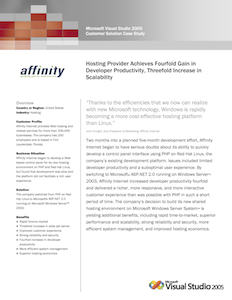
Collection Serialization in ASP.NET Web Services
Here I focus on a solution for serializing collections in ASP.NET Web Services.
Book Professional XML Web Services
My pièce de résistance!
Published by Wrox Press, Ltd. (October 2001)
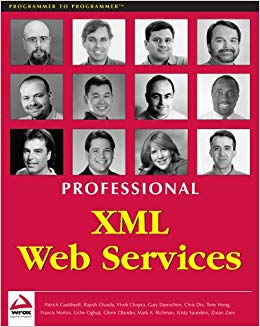
Download a sample chapter here (274KB)
Download the code here (2.6MB)
What does this book cover?
- The architecture of Web Services – past, present, and future
- Detailed explanation of SOAP 1.1
- An overview of SOAP 1.2 and XML Protocol
- IBM’s Web Services Toolkit and Microsoft’s SOAP toolkit 2.0
- Other SOAP implementations in Perl, C++, and PHP
- Java Web Services with Apache SOAP
- WSDL 1.1, UDDI 1.0, and 2.0
- Creating and deploying Web Services using .NET
- Building Web Services using Python
- Applying security at both transport and application levels
Book Overview
Web Services are self-describing, modular applications. The Web Services architecture can be thought of as a wrapper for the application code. This wrapper provides standardized means of: describing the Web Service and what it does; publishing it to a registry, so that it can easily be located; and exposing an interface, so that the service can be invoked – all in a machine-readable format. What is particularly compelling about Web Services is that any client that understands XML, regardless of platform, language and object model, can access them.
This book provides a snapshot of the current state of these rapidly evolving technologies, beginning by detailing the main protocols that underpin the Web Services model (SOAP, WSDL, and UDDI), and then putting this theory to practical use in a wide array of popular toolkits, platforms, and development environments.
The technologies presented in this book provide the foundations of Web Services computing, which is set to revolutionize Distributed Computing, as we know it.
Who is this book for?
This book is for developers wanting to learn what web services are, and how to create, register, and deploy them. In teaching the core technologies, we assume knowledge of XML from the outset.
Article Web Services Security Using Pluggable Providers
The web services model is rapidly growing as an option for deploying reusable, component-based functionality over the internet. Exposing these services is the Simple Object Access Protocol, which defines a lightweight mechanism for invoking these services or transactions.
Web Services Journal Preview Issue 1 (June 2001)
Download the entire article in PDF format here (1.1MB)
